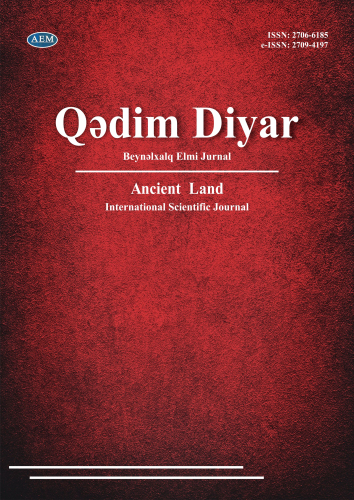https://doi.org/10.36719/2706-6185/43/99-104
Esmira Rovshanova
Baku State University
esmirarovshanova@gmail.com
https://orcid.org/0000-0002-1635-6971
New Review for International Principles of Journalistic Creativity
Abstract
This article discusses the theoretical concepts of the press, formed against the backdrop of historical conditions, social factors, and political events. At the same time, it highlights how, in the context of global social and political developments, the international principles of journalistic creativity have changed and been distorted, with their true essence being directed toward ideological purposes. In an era of active use of modern information technologies, social media, particularly social networks, present numerous threats to individuals, social groups, the state, and society, many of which are often impossible to control. The article further examines the operating principles of both classical and modern media systems in Azerbaijan, substantiating instances of gross violations of these principles by international media systems in recent years with concrete facts. It analyzes the failure of the international journalism models that the Azerbaijani media system initially tried to adopt during the early years of its independence, particularly in the West. The article argues that the West's attempt to teach democracy to other countries, despite its own struggles with human rights, media freedom, and freedom of speech, demonstrates a double standard. All the evidence presented reaffirms that greater success can be achieved by relying on the classical journalism traditions of Azerbaijan.
Keywords: Western principles, media system, freedom of speech, democracy, impartiality, accuracy, ideology, concept

